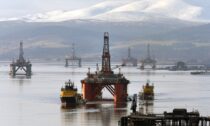
Big banks are pumping billions into new oil and gas production despite net zero pledges, campaigners have said. Banks including HSBC, Barclays and Deutsche Bank are still backing new oil and gas despite being part of a green banking group, ShareAction said. Investors should force banks to demand green plans from fossil fuel firms before funding them, it said. HSBC and Barclays said they were focused on achieving environmental goals.
“Net zero” means not adding to greenhouse gases already in the atmosphere by cutting and trying to balance out emissions.
If the Earth is to avoid damaging environmental effects, including more extreme weather, it needs to limit average global warming to below 1.5 degrees centigrade.
To achieve this, we need to get to net zero by 2050, experts have sa...
Read More

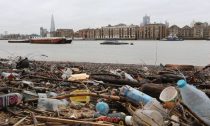



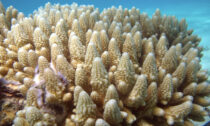

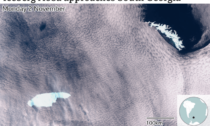
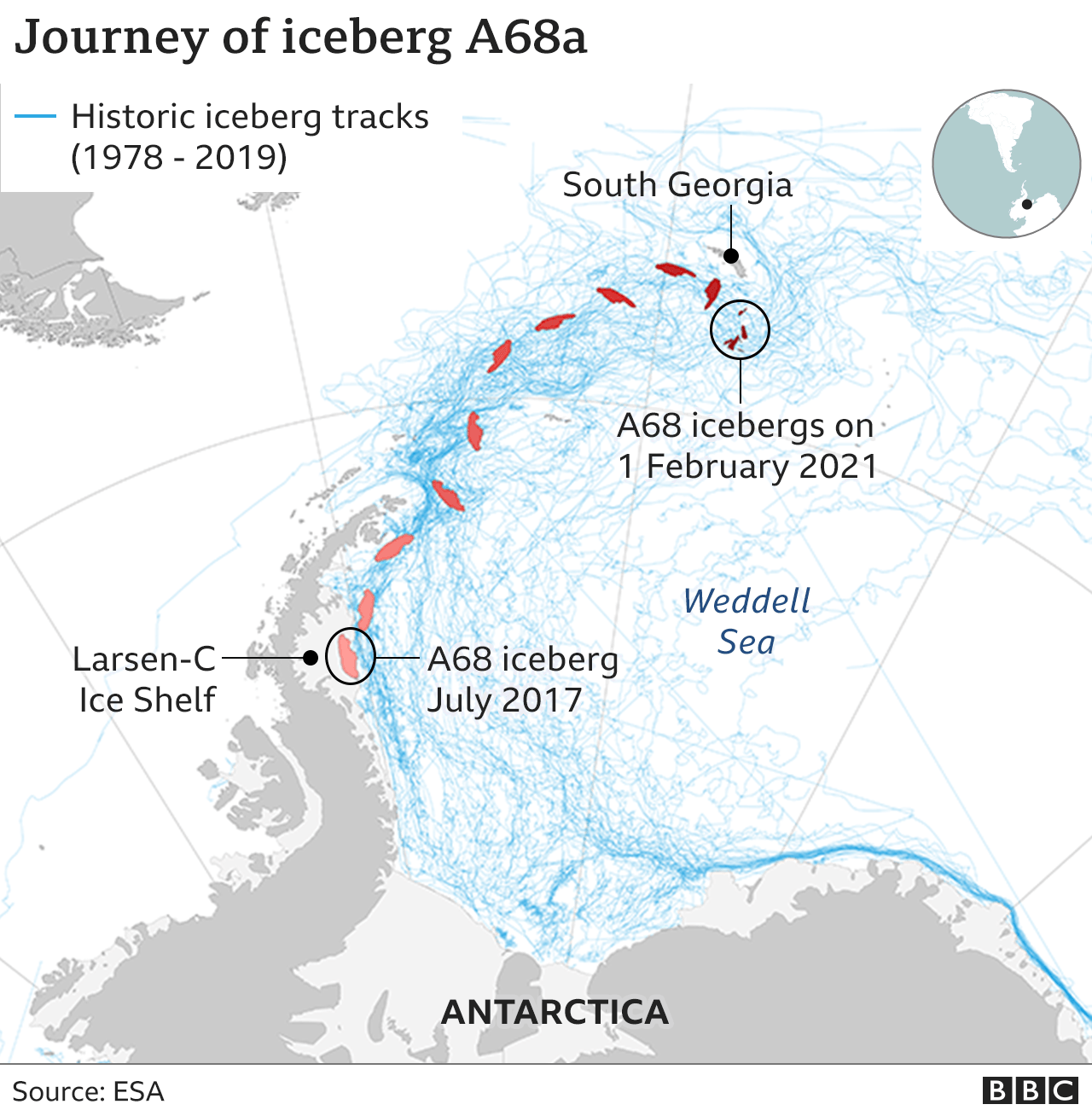
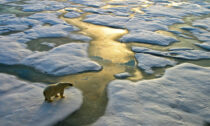



Social Profiles